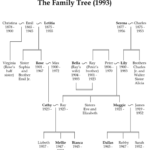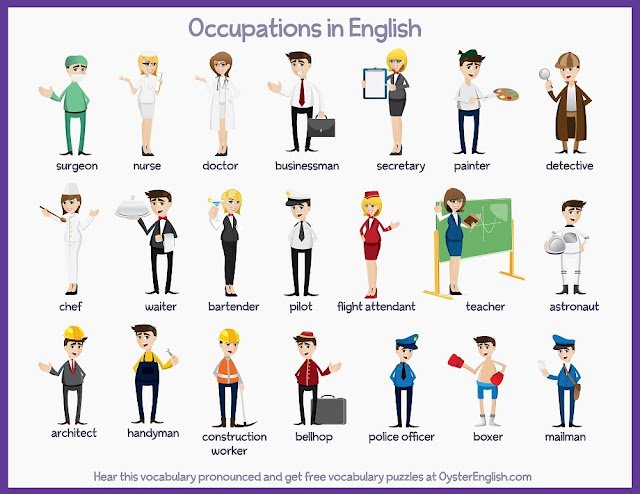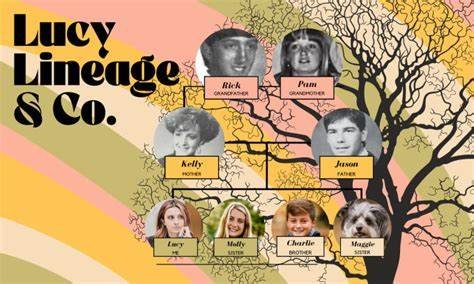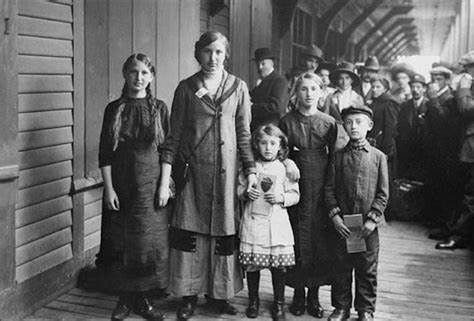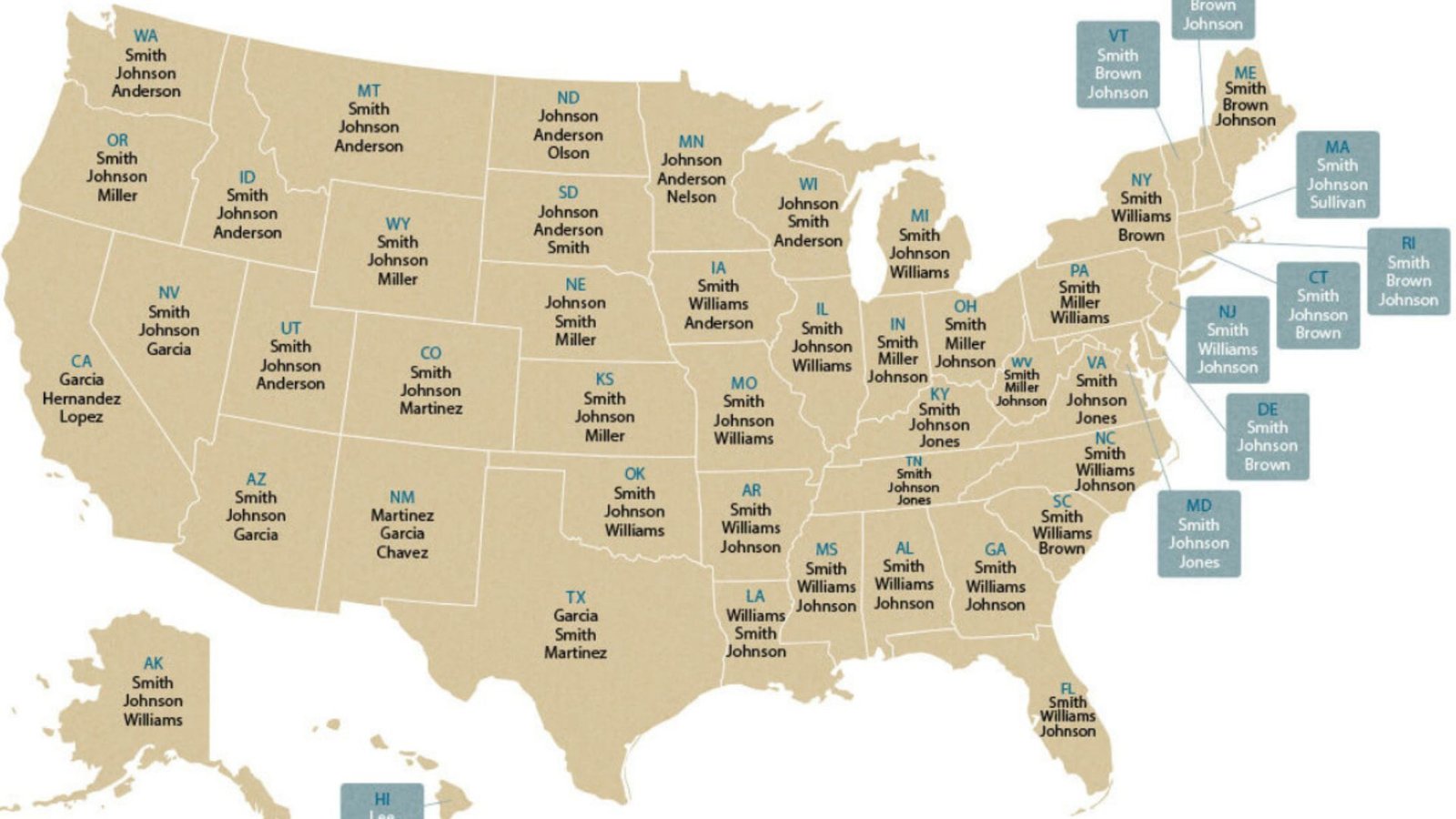Family names, also known as surnames, offer a fascinating glimpse into the history and trades of our ancestors. In many cultures, surnames were derived from an individual’s occupation, which served as a way to identify people based on their work. These occupational surnames provide valuable insights into the economic and social structures of past societies. This article explores the connection between family names and occupations, shedding light on how these surnames emerged and their significance today.
1. Occupational Surnames: A Historical Overview
Occupational surnames have existed for centuries, often reflecting the work an individual did for a living. In medieval Europe, for instance, many people did not have surnames and were instead identified by their occupation or a nickname related to their profession. As societies grew more complex, the need for formal surnames arose, and many people adopted names based on the jobs they performed.
These surnames became widespread across Europe and beyond, often linked to common trades or roles within the community. As people migrated to new regions, particularly during colonial times, these occupational surnames were passed down, allowing us to trace family histories back to specific trades.
2. Common Occupational Surnames
Some of the most common surnames today are derived from occupations. Here are a few examples of these names and their origins:
- Smith: One of the most common surnames in the English-speaking world, “Smith” originally referred to someone who worked with metal, like a blacksmith or silversmith.
- Miller: A person who operated a mill, often grinding grain into flour. Mills were essential in medieval and early modern economies, making this surname quite common.
- Baker: This surname referred to someone who baked bread and other food products. Bakers played a crucial role in feeding communities.
- Taylor: Derived from “tailor,” a surname for someone who made or altered clothing.
- Fisher: Refers to someone who made a living by catching fish.
- Carpenter: A surname for someone who worked with wood, building houses, furniture, or other wooden structures.
These surnames were often used to reflect a person’s profession in a way that helped distinguish them from others with the same first name.
3. Surnames Linked to Farming and Agriculture
Farming has always been a significant occupation, and many surnames reflect this. Some family names that stem from agricultural work include:
- Farmer: A straightforward surname for someone who worked the land.
- Gardener: A person who grew plants or tended gardens, often for ornamental or agricultural purposes.
- Herdman: A herdsman, or someone who cared for livestock, such as cattle or sheep.
- Ryder: Traditionally, a rider or someone who worked with horses.
These surnames tell us that many of our ancestors worked directly with the land and animals, providing essential goods to their communities.
Stay Updated with GenoPresse News
GenoPresse delivers the latest news, in-depth analyses, and insights on current events from around the globe. Readers can stay informed on politics, business, and culture while enjoying engaging content. For a mix of entertainment and excitement, check out kingjohnnie VIP Login and explore premium online gaming experiences. Stay informed and entertained all in one place.
4. The Role of Occupational Surnames in Social Hierarchy
The profession reflected in a surname could indicate a person’s position in the social hierarchy. Some names, such as “King,” “Lord,” or “Knight,” may have signified noble or high-ranking roles, while others, like “Peasant,” reflected lower social status. Occupational surnames also highlight the importance of specific jobs at different times in history. For example, blacksmiths, millers, and bakers were essential to the functioning of daily life, while nobles and landowners often had surnames based on their title or family connections.
As societies evolved, the need for formal surnames increased, and many occupational surnames became fixed for generations. Today, these surnames are no longer directly tied to the work people do but remain an important link to family history and identity.
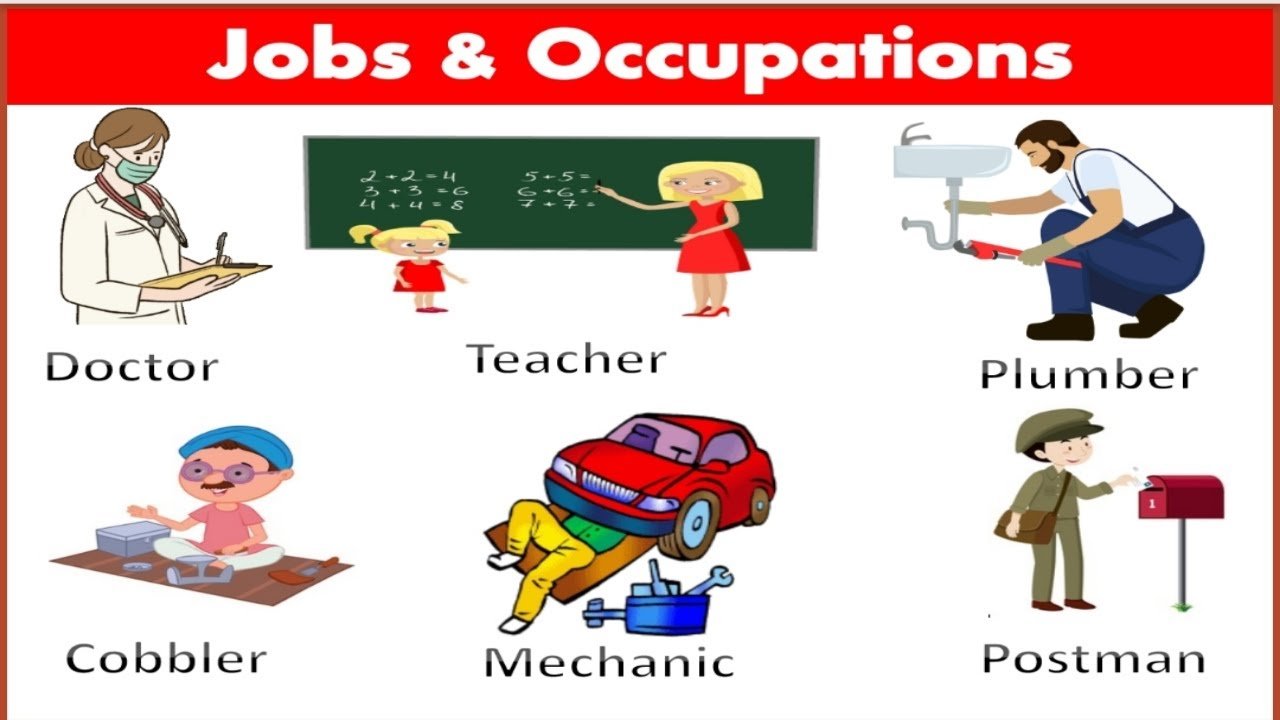
5. Surnames Linked to Other Trades and Crafts
In addition to the more common occupations like blacksmithing or baking, there are numerous other trades that gave rise to family names. Many of these surnames originated from skilled craftsmen and workers who played key roles in their communities. Here are a few examples:
- Brewster: A surname for a person, often a woman, who brewed beer or ale.
- Potter: A craftsman who made pottery, such as bowls, vases, or other ceramic goods.
- Shoemaker: A surname for someone who made or repaired shoes, also known as “Cordwainer.”
- Weaver: A person who made cloth by weaving threads together, a vital profession in pre-industrial economies.
These trades, while less common today, were once essential in shaping the daily lives of people and the development of industries.
6. Tracing Family Occupations Through Surnames
One of the benefits of researching occupational surnames is that they can provide clues about your ancestors’ lives and their roles in society. If a family surname is tied to a specific occupation, it may help you learn more about the industry your ancestors were part of and the communities in which they lived. For example, a surname like “Fisher” may point to ancestors who lived near the sea or rivers, while “Miller” could suggest a family associated with rural or agricultural areas where mills were common.
Genealogists often use these clues to trace family histories and uncover information about a person’s socio-economic status, geographic origins, and the types of work their ancestors performed.
7. Changing Professions and the Evolution of Surnames
As societies modernized and industrialized, many of the traditional occupations that gave rise to surnames evolved or disappeared altogether. For example, the role of blacksmiths has largely been replaced by modern manufacturing, and many surnames associated with agriculture are less common today. However, some surnames have adapted to reflect new roles, such as “Webster,” originally referring to a weaver, but now associated with web designers in the digital age.
As families move and adapt to new societies, surnames may change or evolve in their meaning and use, but the historical connection to occupations remains an important part of family identity.
8. Conclusion
The connection between family names and occupations is a rich and revealing aspect of genealogical research. Occupational surnames provide valuable insights into the professions, trades, and roles that helped shape communities throughout history. They offer a unique way to explore family heritage, revealing the work and contributions of ancestors who helped build the societies we live in today.
By researching these surnames and the occupations they represent, we can gain a deeper understanding of our family’s past and the historical contexts in which they lived.




